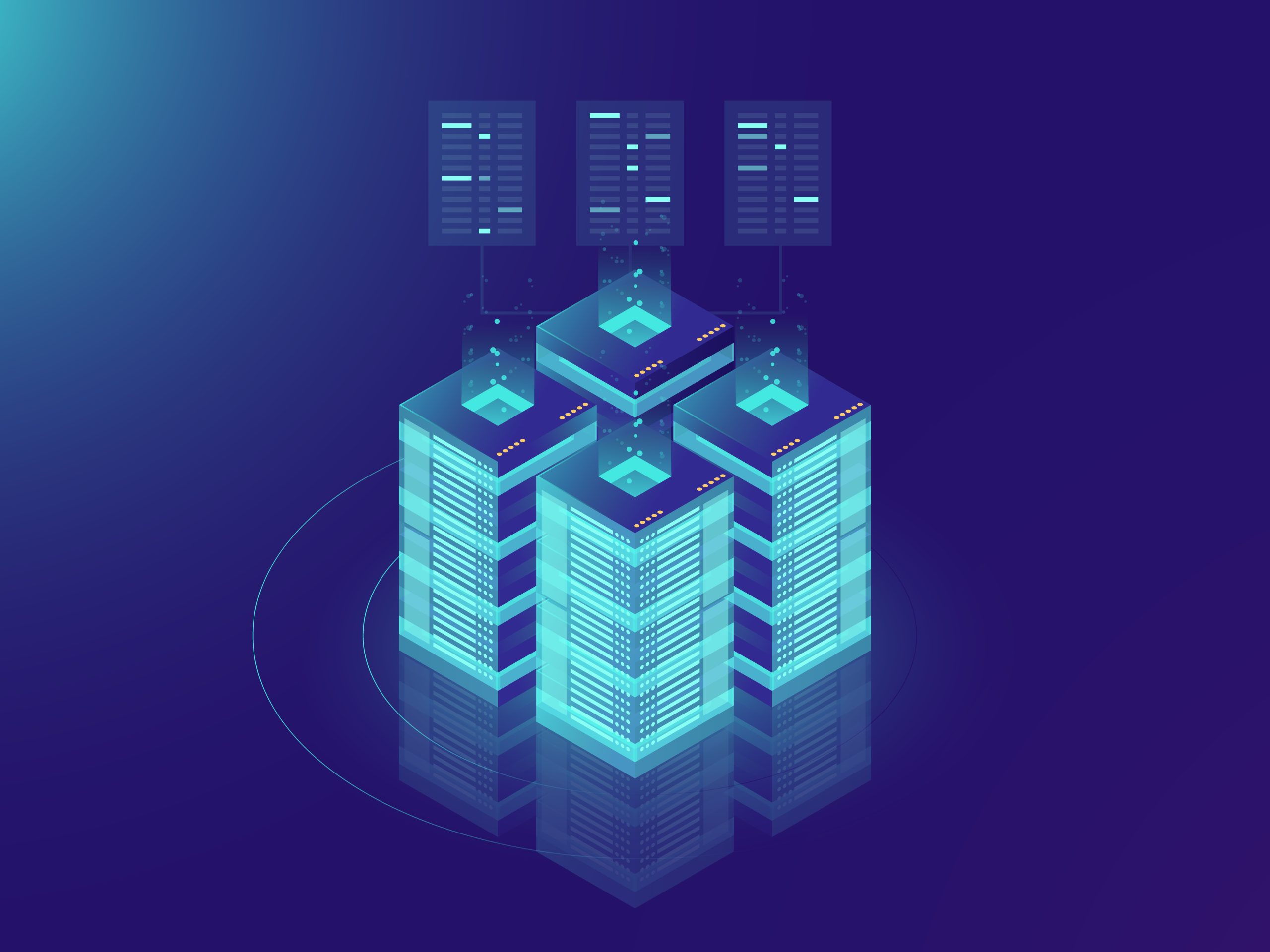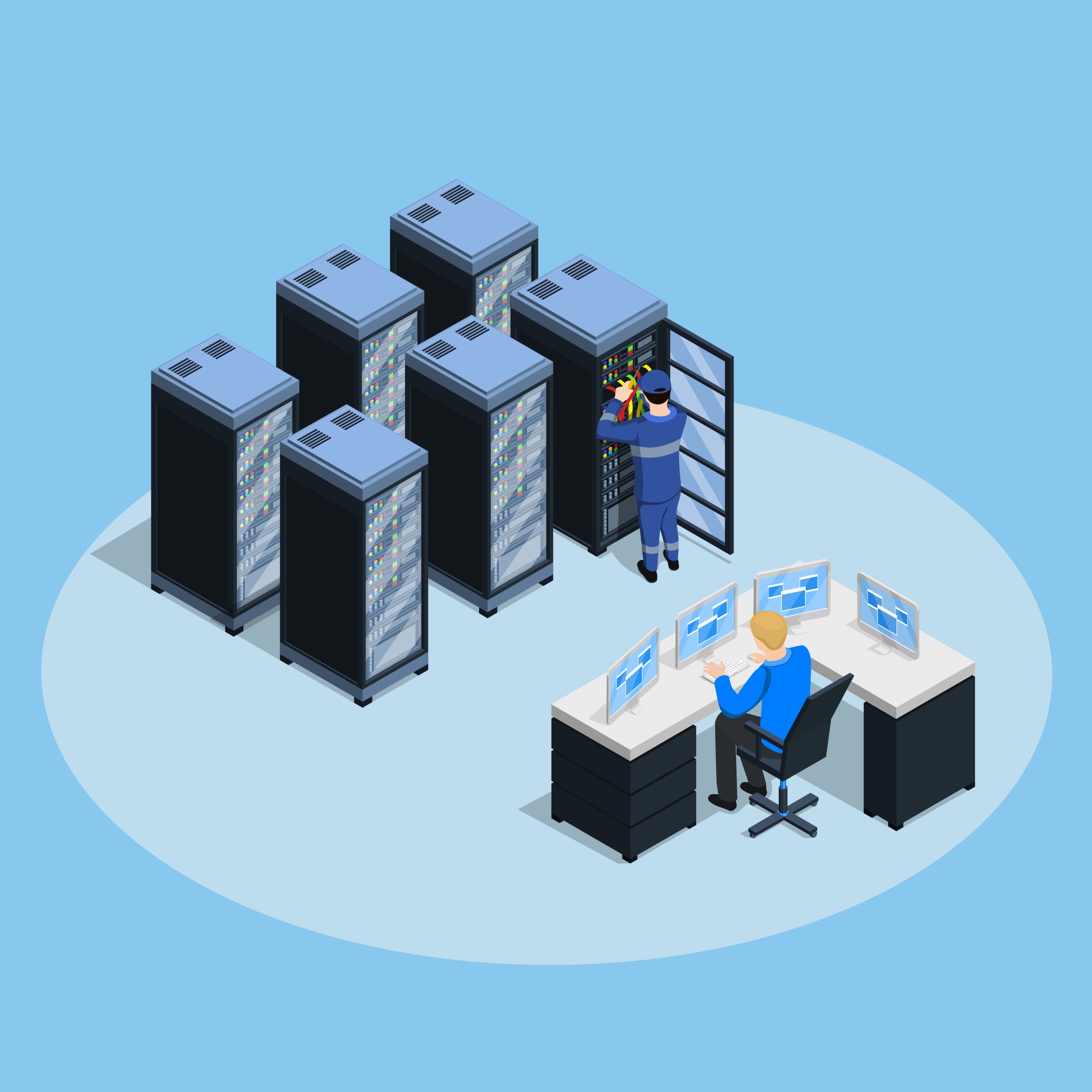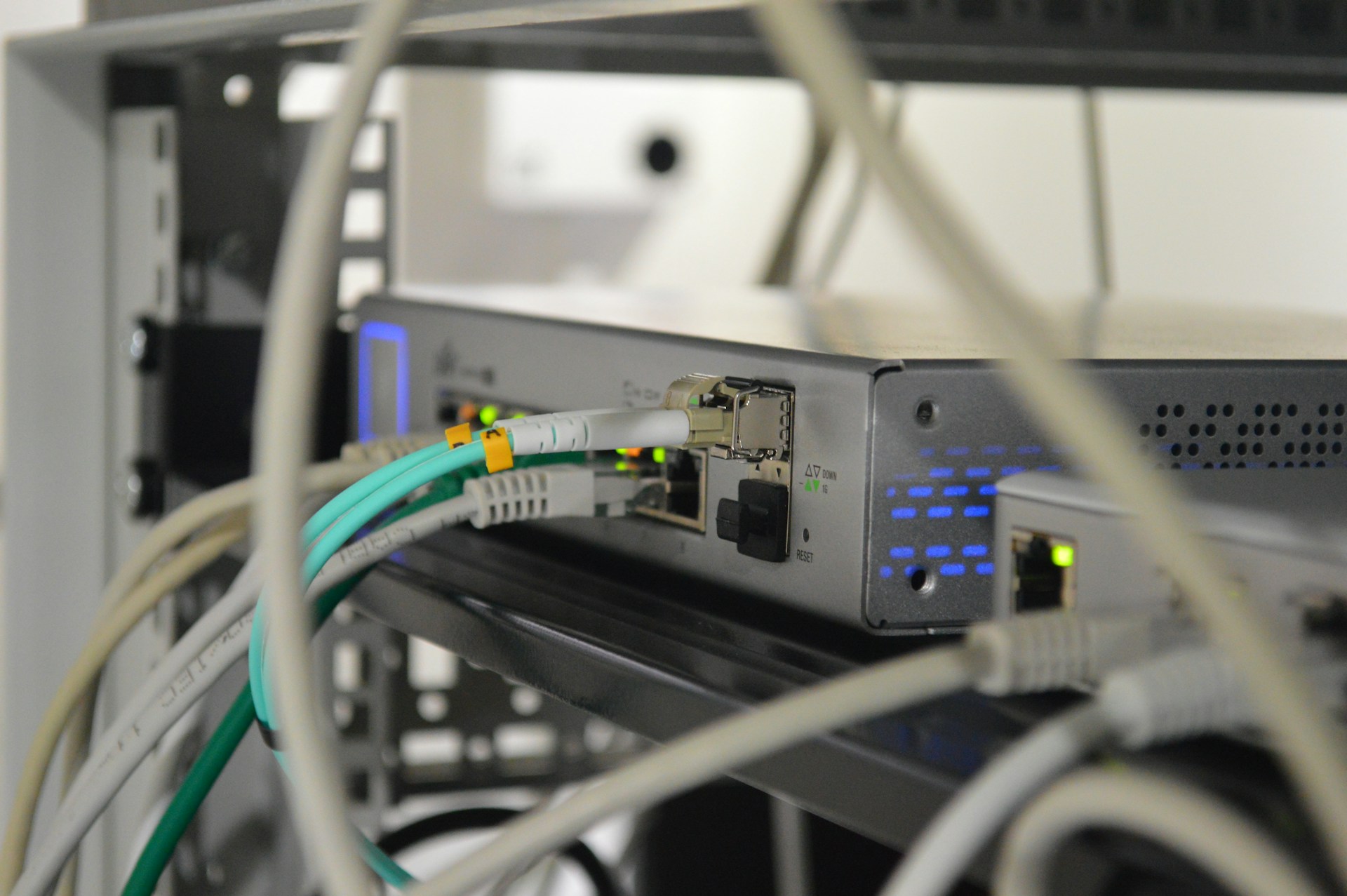
VPS and VDS are virtual servers that are leased to those who need to host programs or websites on them. Many companies believe that VDS / VPS virtual servers are no different from each other and they are partly right. But there are companies that consider it necessary to separate these servers because, although small, but still a difference between them is.
Server services are needed for platforms that lack the resources of traditional hosting, or for rapidly developing projects (increase in scale and traffic). The advantage of these servers is financial savings, because they will be much cheaper compared to renting traditional computer hardware. Next, we will understand what the difference between VDS and VPS is.
What are VPS and VDS?
VPS is an emulating private server, which is an innovative technology in hosting. It uses a special technological virtualization program Open VZ. The server is characterized by uncomplicated management and has flexibility along with its power. Having given it a definition, we can understand how VDS differs from VPS.
VDS is an emulating standalone server that uses hardware emulation (e.g. KVM). Its advantage is that users can surely get a certain amount of resources on the server. Thanks to this it is possible to install the OS according to specific needs, which can not be done on a VPS server. And this is the difference between VDS and VPS. And below we will understand exactly what their differences are.

What is the difference between VDS and VPS?
VPS / VDS – servers, due to which it is possible to create a virtual server instead of standard computer hardware, and then perform resource sharing and distribute them to other virtual servers. But there are differences in the use of terminology and in their implementation. Therefore, let’s consider how VDS differs from VPS.
VPS is emulating computer hardware, functioning on common computer hardware with other VPS, each of which has its own separate resources: CPU time, RAM, disk space. But still such resources will be spread across multiple VPSs on a single physical server. A VPS operates in an area that is isolated, so it is independent of other VPSs on the same server.
A VDS is also a virtualized hardware, but with a difference from a VPS. Any VDS server has a certain amount of resources, including the CPU core, and also has a specific resource of RAM and disk space. Thanks to this VDS is more isolated and predictable in the application of available resources. That is, a different kind of server virtualization is applied, which allows this to happen.
Thus, the obvious difference between VDS and VPS is the level of isolation and the amount of redundant resources that are on them. VDS is characterized by better isolation of resources among emulating computer equipment. But VPS has the flexibility to disperse the volume of resources among other virtual equipment.
Comparison of virtualization technologies for VDS and VPS
To better understand VPS and VDS differences you should distinguish between the types of emulation technologies: OpenVZ and KVM. These are different types of virtualization used on VPS and VDS.
OpenVZ is a technology in which emulation takes place at the OS level. The principle is as follows: emulating hardware located on the same real computer hardware is run by the OS on the same OS kernel. Therefore, users will have restrictions on the choice of distributions. And also on VPS you will not be able to run non-standard modules, because there is no kernel modification option. But OpenVZ technology is quickly scalable, which is convenient when changing the tariff plan (increase or decrease the capacity). In this case, server rebooting will not be required. VPS on such technology makes emulation of physical server functioning.
KVM is a technology through which the user is given a full-fledged analog of a separate server. All VDS are completely isolated from other VDS, and each container has a clear privacy having its own operating system kernel. Due to this settings have flexibility and modification, which will be required for different projects. But when the scale changes, the VDS server will need a reboot.

What is the difference between VPS/VDS and shared hosting?
Many people have a question: VDS / VPS and hosting – what is the difference between them? In other words, how do such virtual hardware differ from emulating hosting. The main difference is as follows:
-
- in the amount of resources that are provided;
- maximum variability of settings;
- you can install any software (you can not do this on hosting);
- a wide range of possibilities in server management.
Of course, between themselves VDS and VPS also differ, but these small differences do not go in any comparison with the significant differences between these virtual servers and shared hosting. And now we’ll look at the differences between a virtual server and a dedicated server.
How is a VPS/VDS different from a dedicated server?
VPS / VDS are virtual private servers: they include the features of a dedicated server, but at a lower financial cost. If we consider the option of a dedicated server, then the whole machine is rented for one user only for his needs. That is, this server will not be used by anyone else and you can install any software, increase the number of disks if necessary, make a reboot or completely disable it. But full lease will be much more expensive than using VPS / VDS. And if you have an undemanding project, VPS / VDS will be an excellent option.
How to choose a VPS/VDS?
Knowing VPS and VDS – what is the difference, you can choose between them. VPS – place sites on them, set up an individual VPN, configure mailings, install bots, place a database with data. It is important to note that the characteristics of these two servers may be different depending on which provider provides services. VDS will suit those who will need to reinstall the OS and require maximum isolation from other servers. Also it will be needed in case of using a remote desktop with Windows, because on VPS it will not be possible to install such an operating system.
And for those who still need to hide their IP address, they can use mobile proxy servers, which can be purchased at an affordable price from us.









